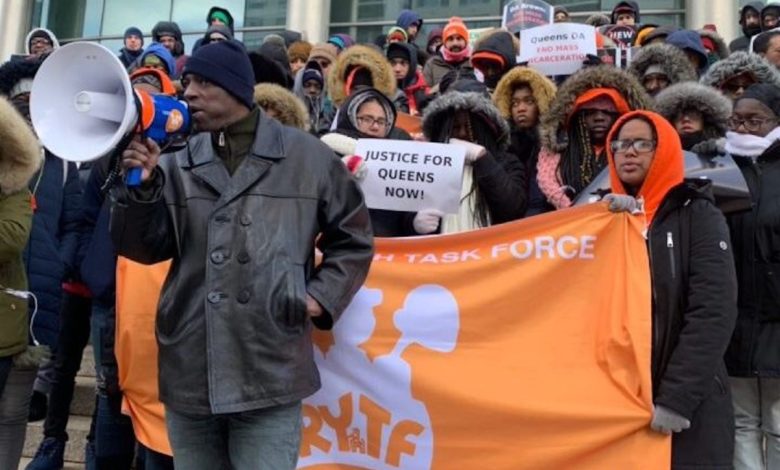
In March 2021, three men, Gary Johnson, George Bell, and Rohan Bolt, were exonerated after spending 24 years in prison. They were wrongfully convicted in Queens, N.Y., for a 1996 murder of an Elmhurst store owner and an off-duty police officer. Their freedom came after the discovery that prosecutors in the case deliberately withheld critical evidence from the defense that, if shown, would not have led to convictions.
These prosecutors were not alone in their wrongdoing. Last month, a group of law professors filed grievances against 21 Queens prosecutors for severe misconduct and misuse of power ranging from lying in court to withholding key evidence. The professors sued on the grounds that, no matter what illegal and unjust behavior they display, prosecutors are protected by a secrecy law preventing grievances against them from being publicly released. The academics say that this law violates the First Amendment. The grievances were posted on a public website.
One might think that this Democratic Party-run liberal city government would be grateful to have prosecutorial misconduct exposed, and move quickly to rectify it. However, that was not the case and rarely ever is. In response to the lawsuit, the city punished not the prosecutors, but the professors who blew the whistle. The academics were accused of abusing the system, violating the law, and asserting politics where they do not belong. The professors were threatened with retaliatory legal action if they continued to press the matter. They were even barred access to the updates regarding their filed complaints.
In marked contrast, the prosecutors named in the grievances still hold their positions, and have suffered little to no consequences for their documented misconduct.
Other federal agencies are required to have outside, independent commissions that run investigations into potential misconduct and are required to release reports to the public. But federal prosecutors are only subject to internal reviews that are barred from public release, and the same process takes place locally.
Prosecutorial misconduct is not unique to this case or to Queens. The Center for Prosecutor Integrity found that less than two percent of cases of prosecutorial misconduct resulted in punishment. Even then, the penalty was often a slap on the wrist, such as making prosecutors pay the cost of the disciplinary hearing. New York City’s 43% exoneration rate, largely attributed to prosecutorial misconduct, is another indication of how common this behavior is.
As professors in the Queens lawsuit explained, public exposure of prosecutorial misconduct, as well as public exposure of the knowledge and protection of such misconduct by the state apparatus, would come with accountability, consequences, and a challenge to the entire system. This is exactly what those in power do not want. Avoiding such a challenge is the reason why the state apparatus would choose to attack the whistleblowers and to heavily protect corrupt prosecutors and their prioritization of courtroom victories over justice and human life.
Under capitalism, the prison system is designed not to deliver justice, but as a form of social control. Arrested, punished, and locked away are those sectors of society that have the most interest in eliminating inequities and protesting the system that maintains them. The purpose of prosecutors is to incarcerate working-class Black and Brown people for alleged crimes that are overwhelmingly a result of the deteriorating conditions of capitalism.
Prosecutorial power is being especially scrutinized in New York City with the growing number of deaths at the notorious Rikers Island jail complex. Twenty-eight-year-old Malcolm Boatwright is the fifteenth and most recent tragic death there this year. Prosecutors have the power to determine a defendant’s charges, the classification of those charges, whether bail is set, and whether a plea deal is offered. Knowing the horrific conditions on Rikers Island, people are beginning to ask what responsibility prosecutors have in these deaths as they use unscrupulous means to set unaffordable bail and to increase charges.





